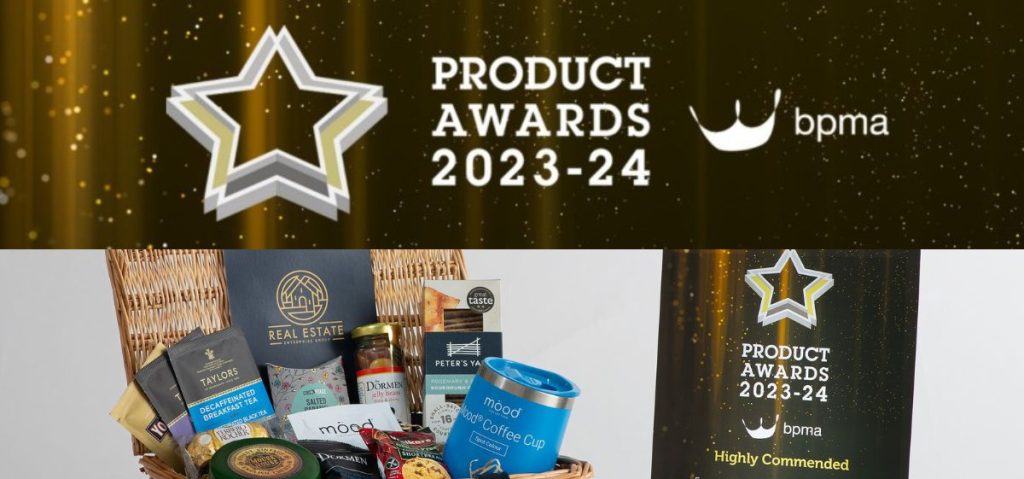Are you looking to make sustainable changes to your business? The promotional products you buy can be a great start. With a huge selection of eco friendly items now available, it’s easier than ever to make the switch. But what should you bear in mind when choosing the right sustainable products?
Reason behind needing the product
Before you start looking for branded merchandise, think about what it will be used for. Is it something that can be used repeatedly? It is something practical that people will keep, or is it a throwaway item? Many promotional products are bought for single use such as a one-off event. Rather than going for the cheapest, easiest option (that is usually bad for the environment), why not investigate reusable products that could be collected up and used again for the next event? Drinks cups are a great example of this. Some concert venues and festivals no longer provide single-use plastic cups. Instead, attendees pay a deposit on a reusable cup to refill throughout the event. These also serve as a souvenir item that guests can keep. Consider the difference in brand exposure from years of use rather than a throwaway item used for a few minutes.
What material is it made from?
There are so many different materials that are marketed as sustainable. What do they all mean?
- Recyclable: made from new materials that can be recycled after the product is used.
- Recycled: made from recycled materials. Check the small print as it may only be a percentage. The higher the percentage, the better for the planet!
- Organic: grown without the use of chemicals or pesticides. Usually found in clothing or food items.
- Biodegradable: it can break down in the natural environment, decomposed by organisms. Specific conditions must be met for things to break down in this way, for example access to light, water and oxygen. These items are often sent to landfill, where they can’t biodegrade as it’s not the right conditions. It’s best to take these items to a recycling centre or add to your food waste collection for industrial composting.
- Compostable: items made from plant materials that break down into compost. This includes items made from bioplastics. Aside from your standard plant matter, most compostable materials require industrial composting to break down, which means putting it in your food waste collections. Not usually suitable for home composting unless it clearly states so. If compostable (or biodegradable) plastics are mixed up with standard plastic recycling, it contaminates the whole batch! Take care and ensure you separate these out.
- Degradable: all this means is it’s capable of breaking down into smaller pieces. Avoid these where possible as they will have a lasting environmental impact. Usually, these are plastic items that degrade into microplastics over hundreds of years, polluting the environment and causing harm to wildlife.
Reuse and refill!
Choose reusable or refillable products. They’ll be kept for much longer, meaning you get much better return on investment and people will think of your business time after time. Refillable items such as pens, diaries and notebooks are a great option as it can keep you in regular contact with your customers. You could send out the initial product then keep some refills so that when required, customers will have to get in touch with you. These types of products save an incredible amount from landfill!
End of life
Consider what happens when your item is no longer usable and has reached end of life. Can it be composted? If so, home composted, or industrial compost only? Can it be recycled? How many times? For example, a lot of plastic items can only be recycled once as the material isn’t strong enough to go through the recycling process again. However, metal and glass can be recycled endlessly! It’s a good idea to provide end-of-life disposal instructions with your products, to ensure the end user knows exactly how to properly dispose of it when the time comes.
Useful statistics to consider
In 2020 the BPMA (British Promotional Merchandise Association) conducted some research. This is what they found…
- Top qualities people value when receiving branded merchandise: 1. Useful 2. Relevant 3. Reusable/sustainable 4. Free 5. Produced ethically 6. Can be disposed of responsibly
- 44% of consumers think brands should be rewarding their sustainable and environmentally friendly behaviour
- 71% of Brits believe brands and services they use should help them live more sustainably
Consumers want brands to behave ethically and sustainably. It’s not something that can be changed overnight, but small switches add up quickly. By changing what your business buys, you can really make a difference. Promotional products can be done sustainably, and we’re excited by the changes in the industry. We’d love for you to join us on this journey to become a more sustainable business!
Discuss your sustainable branded merchandise needs with us, and let us help you find the right products. Call us on 01604 671671 or email sales@giltedged.co.uk







